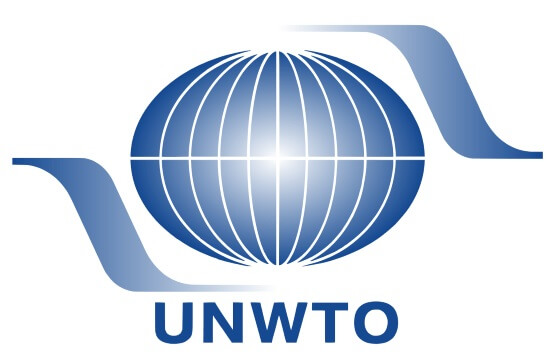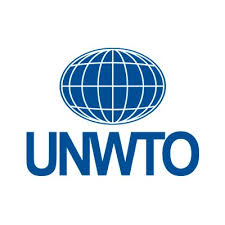
African tourism ministers convene in Côte d’Ivoire
Over three days (19-21 April) high-level tourism representatives from African countries, including 18 tourism ministers1, are convening in Abidjan, Côte d’Ivoire, to discuss the challenges of the sector and the priorities for the programme of work of UNWTO in the African continent. The event is held in parallel with the Sustainable Tourism Conference of the 10 YFP, focused on ‘Accelerating the Shift towards Sustainable Consumption and Production Patterns’.
Tourism and ethics, tourism and security, and the International Year of Sustainable Tourism for Development to be celebrated in 2017 are some of the topics in the agenda of the meeting. The events taking place in Côte d’Ivoire show clear support to the country following the tragic events that took place in Grand-Bassam last March and recognition by the Government of Cote d’Ivoire of tourism’s role in development.
“Côte d’Ivoire is one of the most evident examples of the great potential of African tourism; it holds impressive natural assets and unique cultural diversity and traditions. Continuing to foster tourism in this part of the world can really make a difference, not only for society as a whole but for the perception of the African continent in the world,” said UNWTO Secretary-General Taleb Rifai, opening the event.
During the occasion, the UNWTO Secretary-General and attending delegations visited Grand-Bassam to pay tribute to the victims of the attack of March 13, 2016.
“Thank you for coming to Grand-Bassam and paying respect to the victims. We thank you for maintaining the meeting, which is very important for us,” said President of Côte d’Ivoire Alassane Ouattara.
The importance of tourism to Cote d’Ivoire has been reflected in the acceptance by President Ouattara of the UNWTO/WTTC Open Letter on Travel and Tourism, geared to raise awareness and support of tourism at the highest political level.
Sustainability in the agenda of tourism in Africa
Parallel to the Regional Commission, UNWTO organized the Sustainable Tourism Conference of the 10-Year Framework of Programmes on Sustainable Consumption and Production Patterns.
The event focused on ‘Accelerating the Shift towards Sustainable Consumption and Production Patterns’ and discussed the importance of sustainability in the agenda of tourism in Africa, as well as in enhancing tourism investment and financing and collaboration among stakeholders to improve the tourism sector’s performance.
Through a combination of plenary sessions, interactive panels and roundtable discussions, examples of good practices from related projects and activities were presented and shared.
The UNWTO Regional Commission for Africa coincided with the holding of SITA – Salon International du Tourisme d´Abidjan – providing attendees with the opportunity to also participate in the fair that brings together local exhibitors as well as those from the neighbouring countries.
The 10YFP was adopted at the Rio+20 Conference as a framework for action on Sustainable Consumption and Production as a cornerstone of sustainable development. The well-being of humanity, the environment and the economy ultimately depend upon the responsible management of the planet’s natural resources. These challenges are mounting as the world population is forecast to reach 9 billion by 2050, with 1 billion people to be lifted out of absolute poverty and 1-3 billion additional middle-class consumers joining the global economy by 2030. The most promising strategy for ensuring future prosperity lies in decoupling economic growth from the rising rates of natural resource use and the environmental impacts of both the consumption and production stages of product life cycles. Sustainable Consumption and Production (SCP) is about “the use of services and related products that respond to basic needs and bring a better quality of life while minimizing the use of natural resources and toxic materials, as well as the emissions of waste and pollutants over the life cycle of the service or product, so as not to jeopardize the needs of further generations”. SCP is about doing more and better with less. SCP is about increasing resource efficiency and promoting sustainable lifestyles. It offers important contributions for poverty alleviation and the transition towards low-carbon and green economies. It requires building cooperation among different stakeholders as well as across sectors in all countries.




